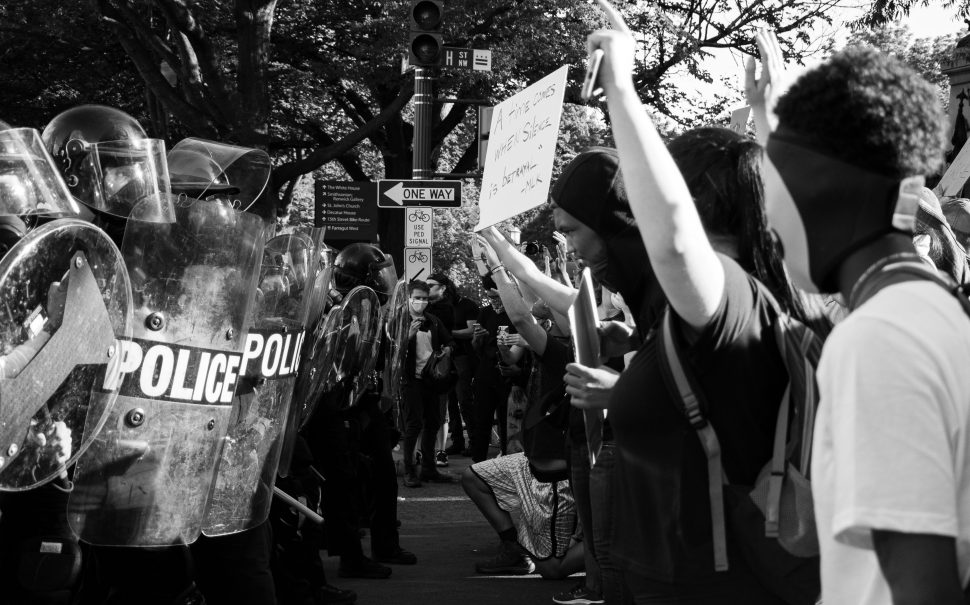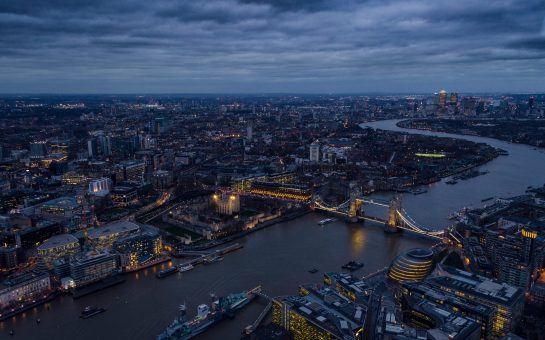British police arrest climate and environmental protesters at nearly triple the global average rate, a report led by the University of Bristol has found.
Compared to a global average of 6.7%, just over 17% of eco-protests lead to arrest in Britain, a rate only second to Australia.
This comes with the passage of new anti-protest legislation which seeks to criminalise and repress climate activism.
Lead author Dr Oscar Berglund said: “As the climate crisis is becoming increasingly severe, people are angry about the lack of meaningful political action.
“Instead of engaging with people that feel this way, the government treats them as criminals.”
Bergland believes the state already had enough powers to deal with protests, which made the new legislation is incredibly anti-democratic.
He explained when activists are treated as criminals, it’s a refusal to acknowledge they have a political point.
Protest Liaison for Extinction Rebellion Richard Ecclestone said: “In 2019, if I went and sat in the road, the worst I could expect is a conditional discharge.
“Now, if I go and sit in the road, I don’t even know what offence they will choose. It could be public nuisance, which has a maximum term of imprisonment of ten years.”
Since 2019, 22 pieces of new legislation designed to limit people’s ability to protest have been introduced across the 14 countries examined in Bergland’s study.
This includes the Police, Crime, Sentencing, and Courts (PCSC) Act of 2022 and the Public Order Act of 2023, both of which were passed in the UK.
The PCSC act gave police powers to place conditions on protests, such as start and finish times or arbitrary noise limits.
A year later, the Public Order Act expanded police stop and search powers and introduced new offences for climate activists, subsequently leading to increased sentence length.
Researchers found this new legislation seeks to curb activity by cutting protest funding, introducing new crimes, increasing sentence length, and implementing more police powers.
Last year, five Just Stop Oil activists received sentences ranging from four to five years after being found guilty of conspiracy to cause a public nuisance for organising direct action protests on the M25.
However, it must be noted that although eco-protests in the UK lead to a greater percentage of arrests, the country has the lowest percentage of police violence in response to climate activism, and zero killings.
This is a stark comparison to countries like Brazil, where arrests occur in response to just 0.6% of climate and environmental protests, but 401 activists were killed from 2019 to 2023.
Ecclestone said: “There is no doubt that these pieces of legislation have had a very chilling effect on the right to protest and that, in my view, is a very dangerous place to be.”
The former police officer said that although new legislation wouldn’t prevent him from exercising his right to protest, it would certainly influence the way in which he chooses to do so.
Picture credit: Free to use from Unsplash





